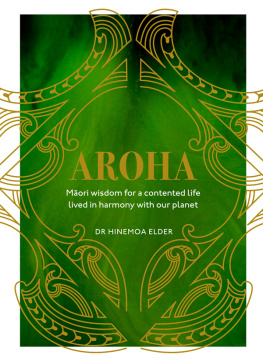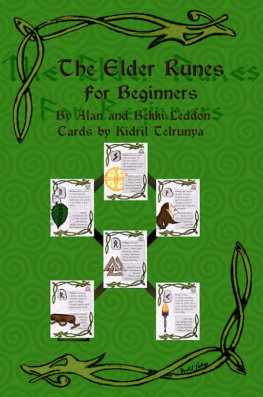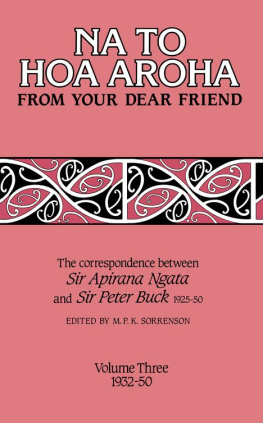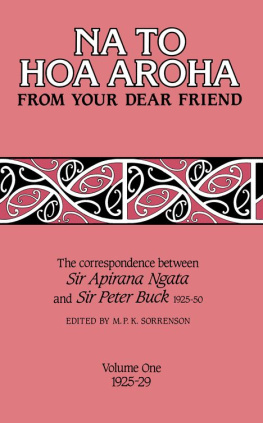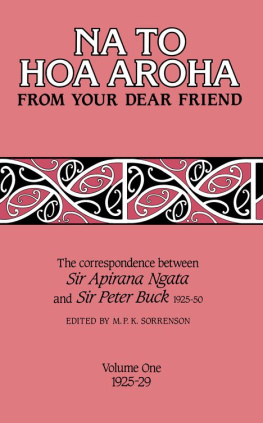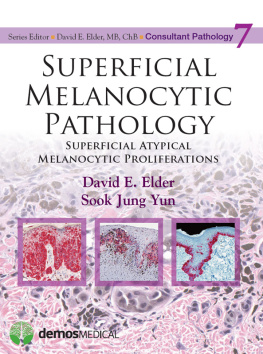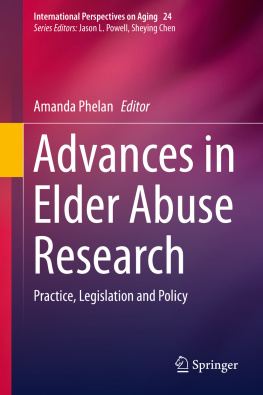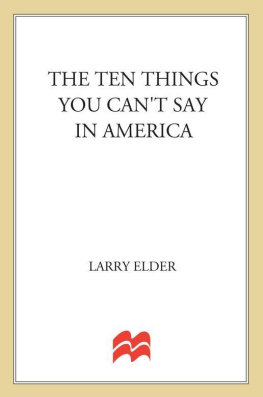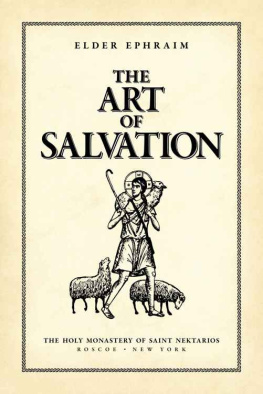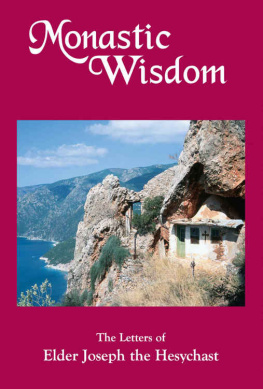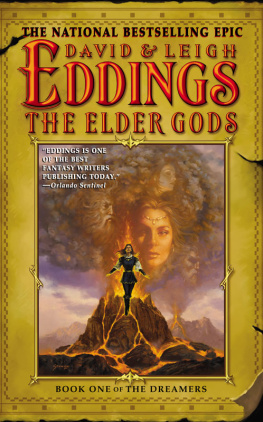Hinemoa Elder - Aroha
Here you can read online Hinemoa Elder - Aroha full text of the book (entire story) in english for free. Download pdf and epub, get meaning, cover and reviews about this ebook. year: 2013, publisher: Penguin Random House New Zealand, genre: Home and family. Description of the work, (preface) as well as reviews are available. Best literature library LitArk.com created for fans of good reading and offers a wide selection of genres:
Romance novel
Science fiction
Adventure
Detective
Science
History
Home and family
Prose
Art
Politics
Computer
Non-fiction
Religion
Business
Children
Humor
Choose a favorite category and find really read worthwhile books. Enjoy immersion in the world of imagination, feel the emotions of the characters or learn something new for yourself, make an fascinating discovery.
- Book:Aroha
- Author:
- Publisher:Penguin Random House New Zealand
- Genre:
- Year:2013
- Rating:4 / 5
- Favourites:Add to favourites
- Your mark:
- 80
- 1
- 2
- 3
- 4
- 5
Aroha: summary, description and annotation
We offer to read an annotation, description, summary or preface (depends on what the author of the book "Aroha" wrote himself). If you haven't found the necessary information about the book — write in the comments, we will try to find it.
Aroha — read online for free the complete book (whole text) full work
Below is the text of the book, divided by pages. System saving the place of the last page read, allows you to conveniently read the book "Aroha" online for free, without having to search again every time where you left off. Put a bookmark, and you can go to the page where you finished reading at any time.
Font size:
Interval:
Bookmark:


Kia ora, welcome to Aroha.
Aroha is an ancient Mori word and way of thinking that means love, compassion, respect and empathy. Discover how we can all find greater contentment and kindness for ourselves, each other and our world with more aroha in our lives.
Through 52 whakatauk traditional Mori life lessons esteemed psychiatrist Dr Hinemoa Elder shares the power of aroha and explores how it could help all of us every day.
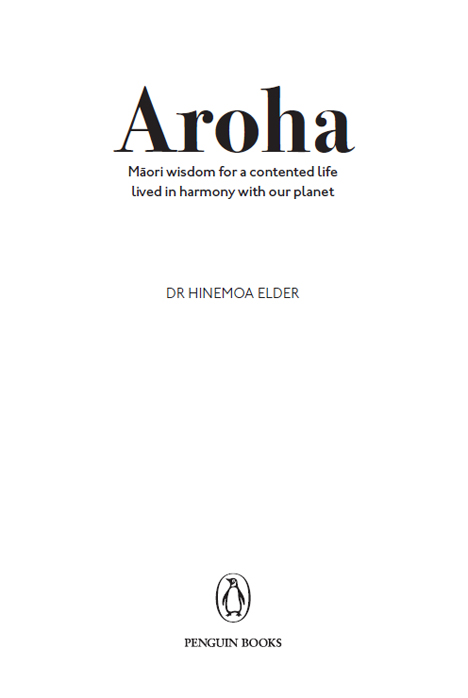
E te khu krako, ko koe te whare o te whakaaro nui.
Inspired by Te Wharehuia Milroy, our wise and learned teacher.
Tika tu krero, e, kaua rnei. Kore he me whakamtau.
As you quite rightly said, Yes or no, there is no such thing as try, just do.
E ng kuku o te manawa, Millie Tanerore krua ko Reuben Apirana, e ng rangatira katoa m pp, e taku koroua, Huatahi, e ng tamariki mokopuna, e ng mtua tpuna, e ng mtua kk, e ng whanaunga, e ng hoa, e ng kiritata o te hapori, e ng pou whakawhirinaki mai r an, kia kai koutou i tnei momo kai tuku iho hei oranga m ttou, hei oranga an m Papatnuku rua ko Tangaroa.
A note on design: The illustrations for Aroha were created by New Zealand artists Harmony Repia (Ngti Porou) and Luther Ashford (Ngti Ruanui, Ng Rauru), each inspired by the traditional decoration, kwhaiwhai, often found in wharenui. The cover includes a photograph of protective and precious Mori pounamu only found on Te Wai Pounamu, South Island, Aotearoa. Each chapter opener is different to denote the chapters themes and is inspired by toi whakairo, the Mori art of carving, and t moko, on the skin.

Ko Prengarenga te moana.
Prengarenga is my ocean.
Ko Tawhitirahi te maunga.
Tawhitirahi is my mountain.
Ko Awapoka te awa.
Awapoka is my river.
Ko Kurahaup te waka.
Kurahaup is my ancestral canoe.
Ko Ptahi rua ko Te Reo Mihi ku marae.
Ptahi and Te Reo Mihi are my traditional meeting places.
Ko Te Aupuri, ko Ngti Kur, ko Te Rarawa, ko Ngpuhi nui tonu ku iwi.
My tribes are Te Aupuri, Ngti Kur, Te Rarawa and Ngpuhi.
Ko Hinemoa taku ingoa.
My name is Hinemoa.
Kia ora, welcome to your book of Aroha, Mori proverbial sayings to open your heart, for a more thoughtful and resourceful you and a better world.
I am a child and adolescent psychiatrist from Aotearoa, the land of the long white cloud.
This book is filled with aroha embedded in whakatauk, Mori proverbs, some of them very old, passed on by our ancestors because they give insight and life lessons still very relevant in our complex modern world.
Aroha is an ancient Mori word and concept. The word describes a deeply felt emotion and a way of thinking that encompasses love, compassion, sympathy and empathy. We consider aroha as something that comes from somewhere deep within us, and all around us, an inexhaustible source, a divine wellspring you might say.
I have been wanting to share this source of aroha for a long time because I see a loss of connection to it. In my daily work as a psychiatrist I see so many people deeply affected by the complex stress and trauma of life. I see my friends and whnau struggling to make sense of the realities of our earths warming and the devastating impact of human destruction on the planet. I notice how much healing and joy we gain from looking after our local environment, alongside it benefiting the world.
A few years ago I started writing a weekly newspaper column. I included a whakatauk every week, to keep my writing true to the wisdom of our ancestors. It was then that I realised whakatauk are a portal, a doorway into the ancient, sacred energy of aroha, the timeless wisdom of Mori culture.
So what are these whakatauk?
They are nuggets of wisdom that provide life lessons, guidance, notes of caution, sometimes a source of comfort. They stem from the great storytelling traditions of Mori culture. They remind us of the potency of Mori values and how and why to put them into action.
We Mori believe that we are intimately bound to our land. Our word for placenta is the same as our word for land, whenua. This dual use signals our profound connection with both types of whenua. The placenta is commonly buried in homelands as a physical manifestation of a persons intimate connection to the lands of our ancestors. We call ourselves tangata whenua, people of the land. We identify ourselves by the history of our lands, oceans, rivers and lakes. Without our lands we do not exist in our world view, we are the land and the land is us.
Te reo Mori is at the heart of how we express our unique ways of thinking and feeling, our ways of being. We value rituals of meeting and hospitality, which are encompassed by the word manaaki. We need to know the blood ties and other links of connection to the people around us, something we call whanaungatanga. These are the aspects of our world that uphold our sense of wellbeing, our connection with all aspects of the universe. We call our sense of wellbeing our wairua this is our spirit, our soul.
This book brings Mori whakatauk (pronounced far-car-tow-key, emphasis on key), indigenous New Zealand proverbial sayings, into homes around the world. One for every week of the year.
I have chosen each of these pithy, wise whakatauk with great care. They are steeped in the ancient, undiluted concentrate of learnings necessary for survival. They mean so much to me. Many have helped me through challenging periods in my life. Some have been a means to hold on through a particularly tough day. The modern translations are my own interpretation of how these whakatauk have come to life for me. Other meanings may emerge for you. This is the power of whakatauk. They open up new thinking, they open up the heart, and a myriad of possibilities, manifestations of aroha that are deeply personal.
Why do we need whakatauk?
Our own health, and our mental health in particular, is intimately connected to our experiences of the world. This is evident from studies looking at the impact of emotional reciprocity in our earliest days, studies of trauma and of the health benefits of being in nature. As we witness change beyond our control, and experience uncertainty, stress, anxiety and fear for our futures, we are also on a continuous quest for calm, happiness and peace. When we face so much to be fearful of, how and where can we find solace, renewed vigour, or a sense of hope?
At the same time, finding and fostering lasting love in our lives, nurturing healthy family relationships, feeling a sense of security and living a healthy and contented life the simple things can seem so complicated to achieve.
The way we communicate our values and build relationships with each other is changing at an ever-accelerating pace. It is hard to keep up. Most of us have an online life in some capacity or other alongside our real lives. In this online life we have to contend with issues like fake news and trolling, artificial intelligence, virtual and augmented realities, friends we have never met in person. And body images that can make us feel insecure. All in the palm of your hand, intruding into your home, into your day, without a key, like uninvited guests. It is not surprising that, at times, it seems an impossible task to find a sense of peace.
Font size:
Interval:
Bookmark:
Similar books «Aroha»
Look at similar books to Aroha. We have selected literature similar in name and meaning in the hope of providing readers with more options to find new, interesting, not yet read works.
Discussion, reviews of the book Aroha and just readers' own opinions. Leave your comments, write what you think about the work, its meaning or the main characters. Specify what exactly you liked and what you didn't like, and why you think so.

